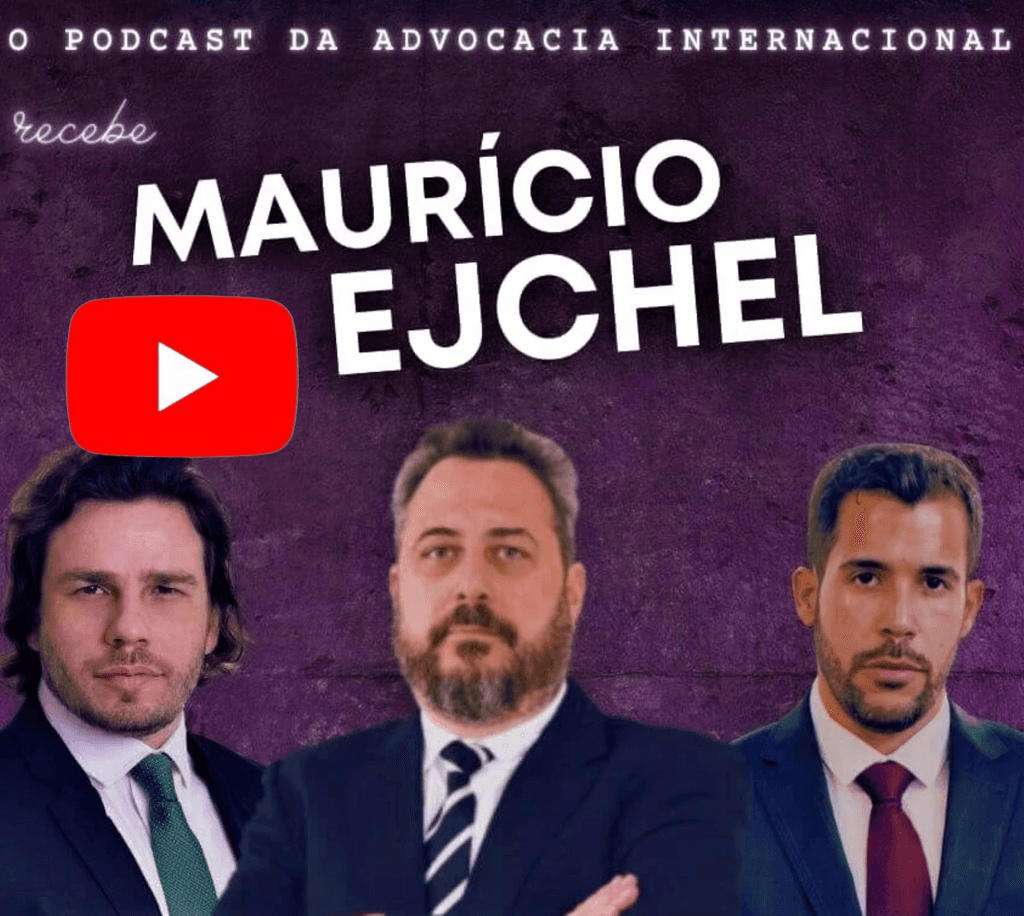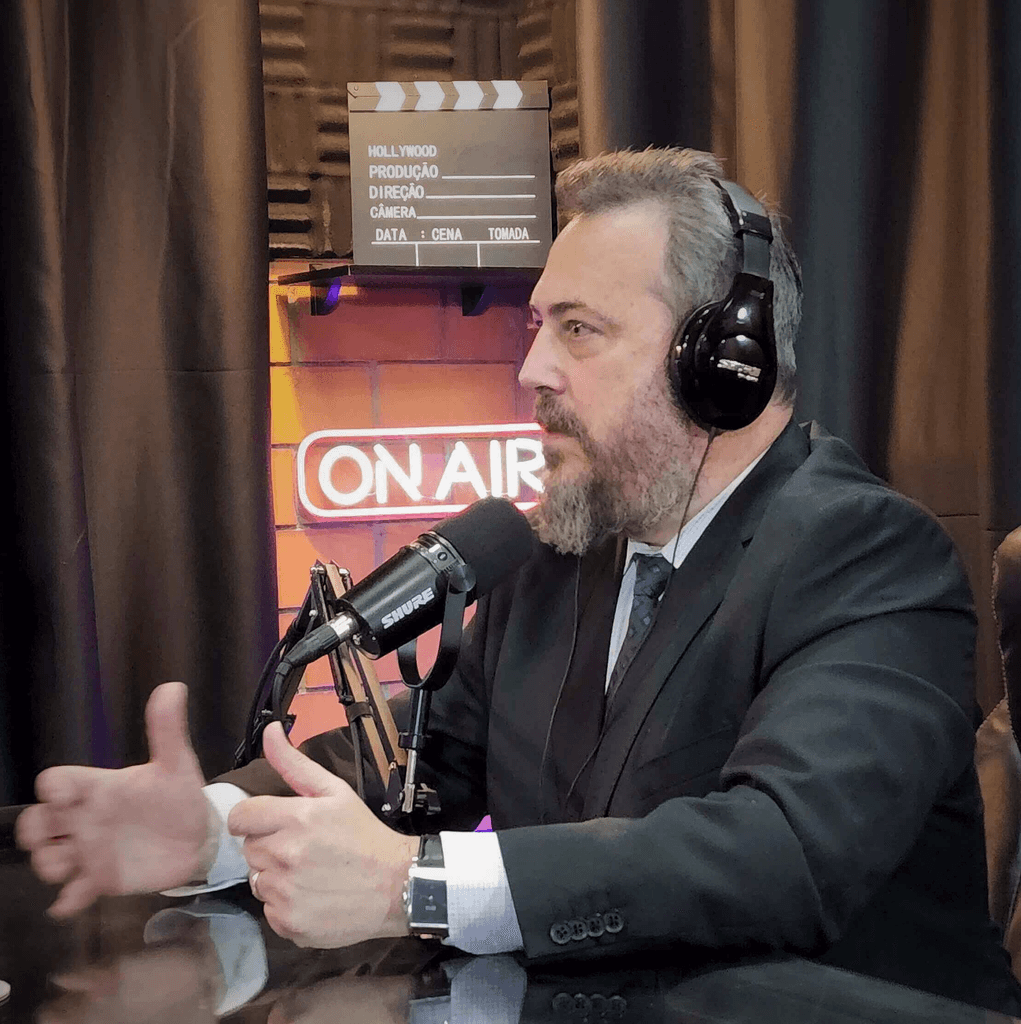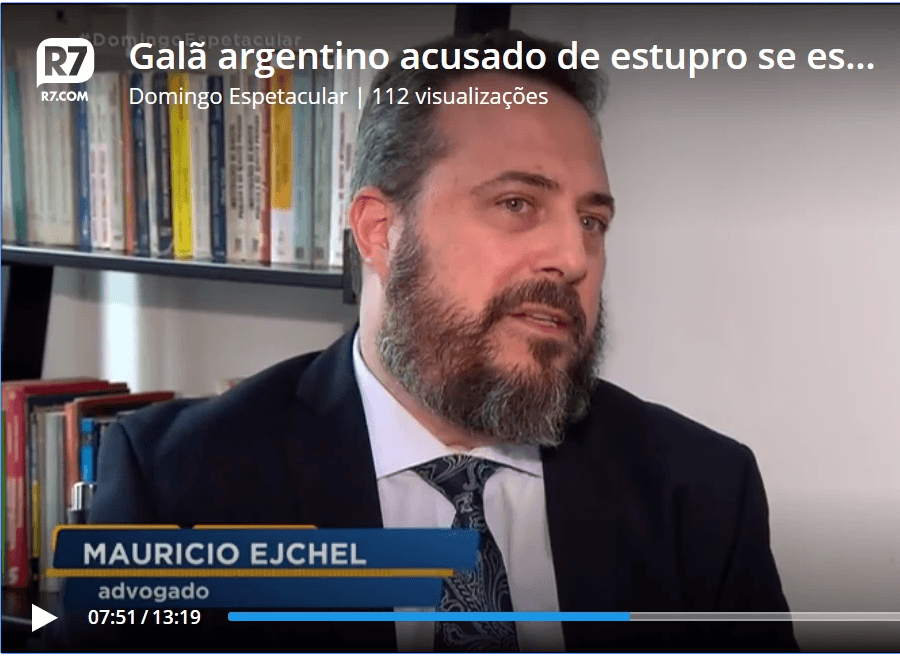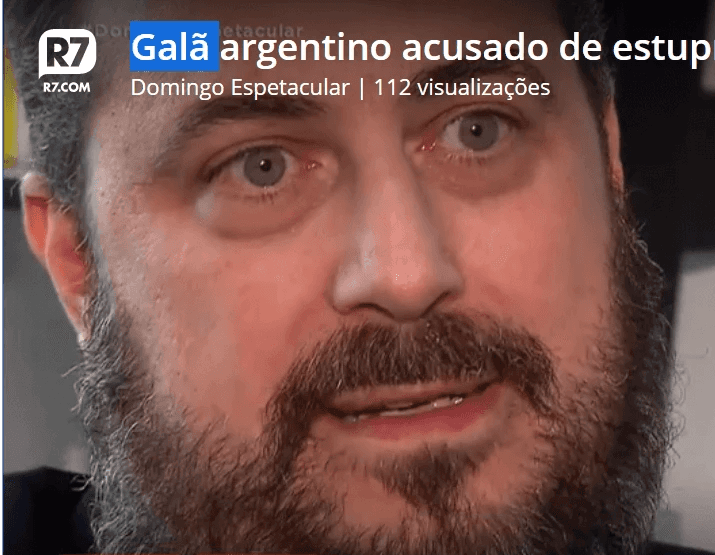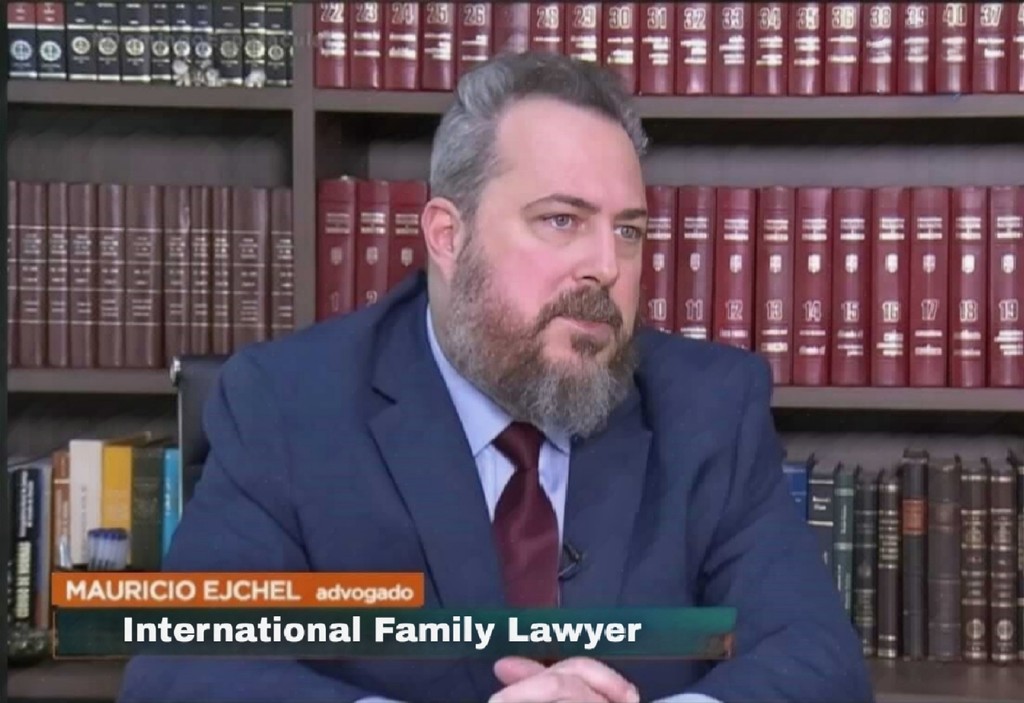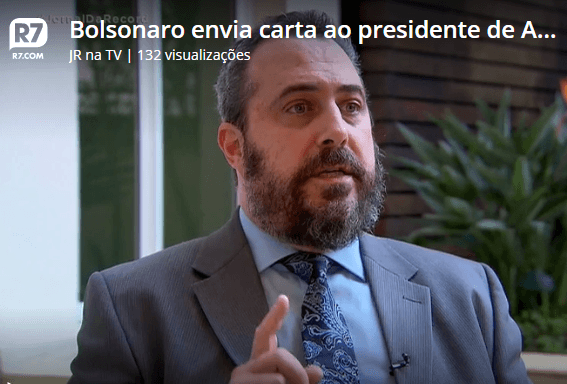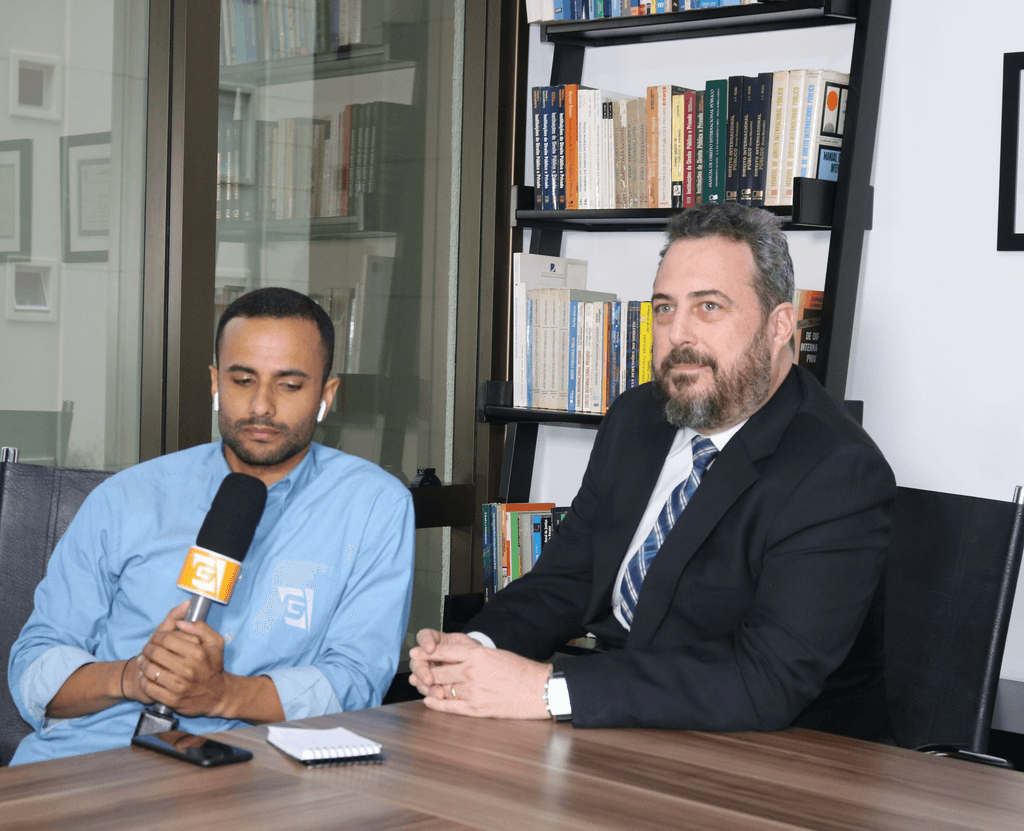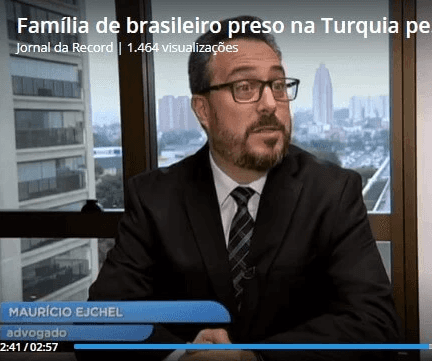Back Home in 40 days
Back Home in 40 days
Updates
Updates
×
3 de setembro de 2024
3 de setembro de 2024
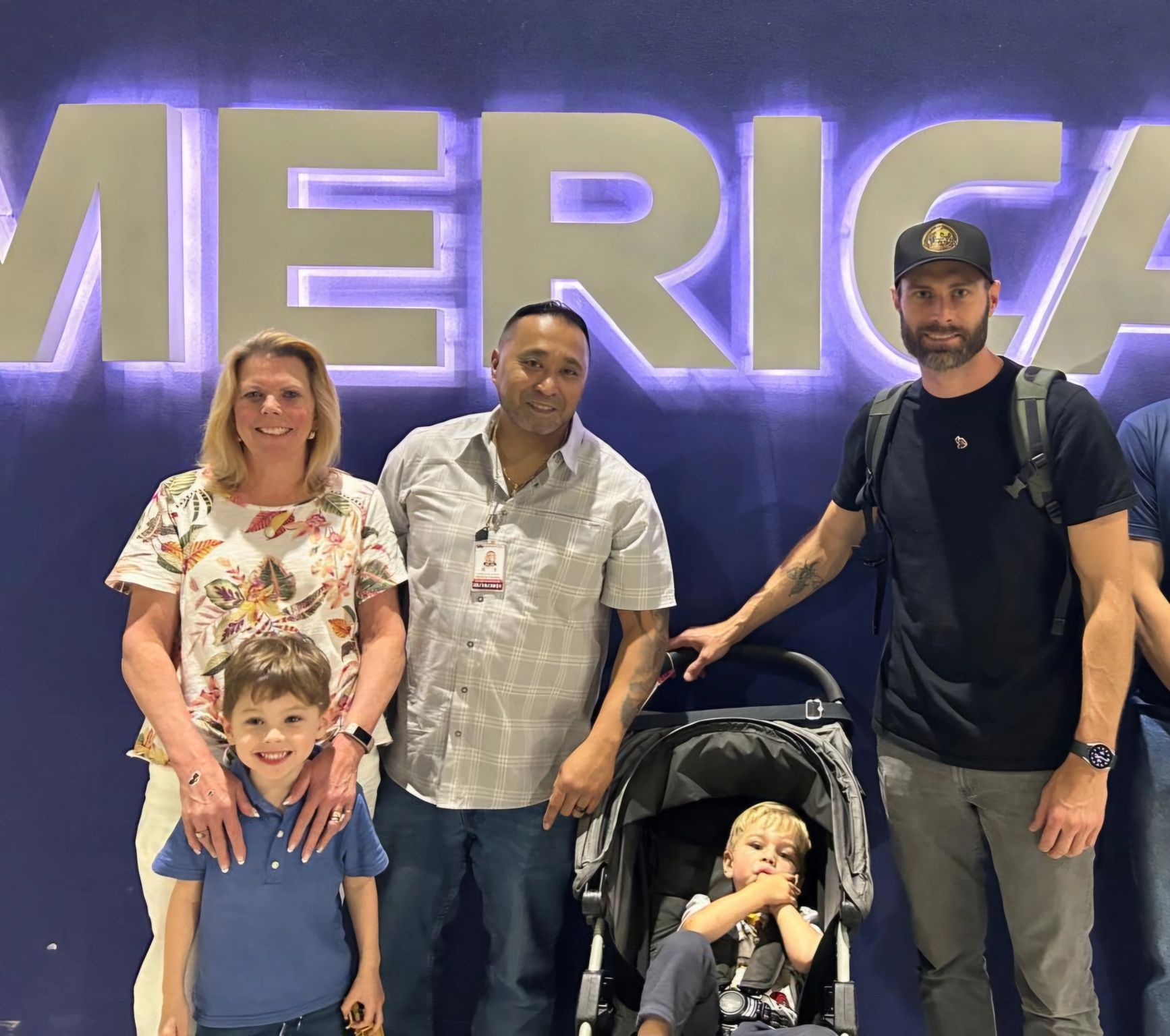



Since its inception, the 1980 Hague Convention has stood as the only international mechanism available for individuals facing the abduction of their children. While it may not always be clear or straightforward, it remains the sole legal recourse through which affected parents can initiate an international legal case, providing at least the means to bring their request for the child’s return before a court in another country. Despite its crucial role in offering a pathway to the return of a children, the implementation of the Hague Convention in Brazil has historically encountered significant obstacles. The complexity of international legal processes, coupled with varying interpretations and applications of the convention by Brazilian courts, has often led to prolonged legal battles and uncertainty for the families involved. These events have frequently resulted in delays or even failures in securing the immediate 6 weeks return of the abducted children to their habitual residence. However, a landmark case on August 28, 2024, marked a unprecedent shift in this narrative. The case: Richard, a forestry engineer residing in upstate New York, is the father at the center of this unprecedented case. His ex-wife Claudia, with whom he was already in the process of a divorce before the local courts, requested permission to take their two sons, Thomas, and Theodore, to visit family at her native Brazil, for what she claimed would be a short vacation. Once in Brazil, she abruptly contacted Richard, informing that the boys will not return to the United States and will be raised solely Brazil, close to her parents, family, and friends to support her. Richard was deeply involved in every aspect of Thomas and Theodore's young lives. He personally prepared their breakfast each morning, changed their diapers, and ensured they were ready for the day. Weekends were sacred; he took them to the forest, teaching them about nature and his work as a forest engineer. Richard was no ordinary father; he was exceptionally participative, fully immersed in every moment of their upbringing. Faced with this situation, Richard did the only thing he could to try to bring his boys back. He immediately sought legal help and filed a petition under the Hague Convention, seeking the return of his sons to the United States. Not only did he rely on the U.S. Central Authority, which was extremely helpful in guiding him through the process, but he also understood the need for strong representation before the local Brazilian Court to assist him in this crucial battle to reunite with Thomas and Theodore. Unexpectedly, the court acknowledged the violation, the illegality of the act, and the solid legal basis, thereby determining the return of the minors (see decision above). This ruling was issued less than 4 weeks after the abduction and just 5 days after filing the case. Essentially, it was decided as an injunction in the modality "inaudita altera pars" (without hearing the other party), with immediate execution. Thus, on August 28, 2024, the children were picked up from Claudia's house, who did not resist and informed the boys that they would be traveling. This occurred in strict accordance with the decision, and immediately afterward, Richard, the boys, and the grandparents, who had also come to Brazil, all returned home together. The magnitude of this decision is truly revolutionary, as Brazil has never taken such swift action before. Typically, these cases undergo a prolonged evaluation process with appeals and counterclaims, often taking two years or more to reach a return order. This slow approach has led to a very low compliance rate with return requests, making Brazil one of the countries that returns the fewest children globally. This case may set a crucial precedent for future litigation involving the Hague Convention, providing greater legal security to foreign parents facing the international abduction of their children in Brazil. If you want to know more about any of this case, please feel free to contact me
Since its inception, the 1980 Hague Convention has stood as the only international mechanism available for individuals facing the abduction of their children. While it may not always be clear or straightforward, it remains the sole legal recourse through which affected parents can initiate an international legal case, providing at least the means to bring their request for the child’s return before a court in another country. Despite its crucial role in offering a pathway to the return of a children, the implementation of the Hague Convention in Brazil has historically encountered significant obstacles. The complexity of international legal processes, coupled with varying interpretations and applications of the convention by Brazilian courts, has often led to prolonged legal battles and uncertainty for the families involved. These events have frequently resulted in delays or even failures in securing the immediate 6 weeks return of the abducted children to their habitual residence. However, a landmark case on August 28, 2024, marked a unprecedent shift in this narrative. The case: Richard, a forestry engineer residing in upstate New York, is the father at the center of this unprecedented case. His ex-wife Claudia, with whom he was already in the process of a divorce before the local courts, requested permission to take their two sons, Thomas, and Theodore, to visit family at her native Brazil, for what she claimed would be a short vacation. Once in Brazil, she abruptly contacted Richard, informing that the boys will not return to the United States and will be raised solely Brazil, close to her parents, family, and friends to support her. Richard was deeply involved in every aspect of Thomas and Theodore's young lives. He personally prepared their breakfast each morning, changed their diapers, and ensured they were ready for the day. Weekends were sacred; he took them to the forest, teaching them about nature and his work as a forest engineer. Richard was no ordinary father; he was exceptionally participative, fully immersed in every moment of their upbringing. Faced with this situation, Richard did the only thing he could to try to bring his boys back. He immediately sought legal help and filed a petition under the Hague Convention, seeking the return of his sons to the United States. Not only did he rely on the U.S. Central Authority, which was extremely helpful in guiding him through the process, but he also understood the need for strong representation before the local Brazilian Court to assist him in this crucial battle to reunite with Thomas and Theodore. Unexpectedly, the court acknowledged the violation, the illegality of the act, and the solid legal basis, thereby determining the return of the minors (see decision above). This ruling was issued less than 4 weeks after the abduction and just 5 days after filing the case. Essentially, it was decided as an injunction in the modality "inaudita altera pars" (without hearing the other party), with immediate execution. Thus, on August 28, 2024, the children were picked up from Claudia's house, who did not resist and informed the boys that they would be traveling. This occurred in strict accordance with the decision, and immediately afterward, Richard, the boys, and the grandparents, who had also come to Brazil, all returned home together. The magnitude of this decision is truly revolutionary, as Brazil has never taken such swift action before. Typically, these cases undergo a prolonged evaluation process with appeals and counterclaims, often taking two years or more to reach a return order. This slow approach has led to a very low compliance rate with return requests, making Brazil one of the countries that returns the fewest children globally. This case may set a crucial precedent for future litigation involving the Hague Convention, providing greater legal security to foreign parents facing the international abduction of their children in Brazil. If you want to know more about any of this case, please feel free to contact me
Since its inception, the 1980 Hague Convention has stood as the only international mechanism available for individuals facing the abduction of their children. While it may not always be clear or straightforward, it remains the sole legal recourse through which affected parents can initiate an international legal case, providing at least the means to bring their request for the child’s return before a court in another country. Despite its crucial role in offering a pathway to the return of a children, the implementation of the Hague Convention in Brazil has historically encountered significant obstacles. The complexity of international legal processes, coupled with varying interpretations and applications of the convention by Brazilian courts, has often led to prolonged legal battles and uncertainty for the families involved. These events have frequently resulted in delays or even failures in securing the immediate 6 weeks return of the abducted children to their habitual residence. However, a landmark case on August 28, 2024, marked a unprecedent shift in this narrative. The case: Richard, a forestry engineer residing in upstate New York, is the father at the center of this unprecedented case. His ex-wife Claudia, with whom he was already in the process of a divorce before the local courts, requested permission to take their two sons, Thomas, and Theodore, to visit family at her native Brazil, for what she claimed would be a short vacation. Once in Brazil, she abruptly contacted Richard, informing that the boys will not return to the United States and will be raised solely Brazil, close to her parents, family, and friends to support her. Richard was deeply involved in every aspect of Thomas and Theodore's young lives. He personally prepared their breakfast each morning, changed their diapers, and ensured they were ready for the day. Weekends were sacred; he took them to the forest, teaching them about nature and his work as a forest engineer. Richard was no ordinary father; he was exceptionally participative, fully immersed in every moment of their upbringing. Faced with this situation, Richard did the only thing he could to try to bring his boys back. He immediately sought legal help and filed a petition under the Hague Convention, seeking the return of his sons to the United States. Not only did he rely on the U.S. Central Authority, which was extremely helpful in guiding him through the process, but he also understood the need for strong representation before the local Brazilian Court to assist him in this crucial battle to reunite with Thomas and Theodore. Unexpectedly, the court acknowledged the violation, the illegality of the act, and the solid legal basis, thereby determining the return of the minors (see decision above). This ruling was issued less than 4 weeks after the abduction and just 5 days after filing the case. Essentially, it was decided as an injunction in the modality "inaudita altera pars" (without hearing the other party), with immediate execution. Thus, on August 28, 2024, the children were picked up from Claudia's house, who did not resist and informed the boys that they would be traveling. This occurred in strict accordance with the decision, and immediately afterward, Richard, the boys, and the grandparents, who had also come to Brazil, all returned home together. The magnitude of this decision is truly revolutionary, as Brazil has never taken such swift action before. Typically, these cases undergo a prolonged evaluation process with appeals and counterclaims, often taking two years or more to reach a return order. This slow approach has led to a very low compliance rate with return requests, making Brazil one of the countries that returns the fewest children globally. This case may set a crucial precedent for future litigation involving the Hague Convention, providing greater legal security to foreign parents facing the international abduction of their children in Brazil. If you want to know more about any of this case, please feel free to contact me
Since its inception, the 1980 Hague Convention has stood as the only international mechanism available for individuals facing the abduction of their children. While it may not always be clear or straightforward, it remains the sole legal recourse through which affected parents can initiate an international legal case, providing at least the means to bring their request for the child’s return before a court in another country. Despite its crucial role in offering a pathway to the return of a children, the implementation of the Hague Convention in Brazil has historically encountered significant obstacles. The complexity of international legal processes, coupled with varying interpretations and applications of the convention by Brazilian courts, has often led to prolonged legal battles and uncertainty for the families involved. These events have frequently resulted in delays or even failures in securing the immediate 6 weeks return of the abducted children to their habitual residence. However, a landmark case on August 28, 2024, marked a unprecedent shift in this narrative. The case: Richard, a forestry engineer residing in upstate New York, is the father at the center of this unprecedented case. His ex-wife Claudia, with whom he was already in the process of a divorce before the local courts, requested permission to take their two sons, Thomas, and Theodore, to visit family at her native Brazil, for what she claimed would be a short vacation. Once in Brazil, she abruptly contacted Richard, informing that the boys will not return to the United States and will be raised solely Brazil, close to her parents, family, and friends to support her. Richard was deeply involved in every aspect of Thomas and Theodore's young lives. He personally prepared their breakfast each morning, changed their diapers, and ensured they were ready for the day. Weekends were sacred; he took them to the forest, teaching them about nature and his work as a forest engineer. Richard was no ordinary father; he was exceptionally participative, fully immersed in every moment of their upbringing. Faced with this situation, Richard did the only thing he could to try to bring his boys back. He immediately sought legal help and filed a petition under the Hague Convention, seeking the return of his sons to the United States. Not only did he rely on the U.S. Central Authority, which was extremely helpful in guiding him through the process, but he also understood the need for strong representation before the local Brazilian Court to assist him in this crucial battle to reunite with Thomas and Theodore. Unexpectedly, the court acknowledged the violation, the illegality of the act, and the solid legal basis, thereby determining the return of the minors (see decision above). This ruling was issued less than 4 weeks after the abduction and just 5 days after filing the case. Essentially, it was decided as an injunction in the modality "inaudita altera pars" (without hearing the other party), with immediate execution. Thus, on August 28, 2024, the children were picked up from Claudia's house, who did not resist and informed the boys that they would be traveling. This occurred in strict accordance with the decision, and immediately afterward, Richard, the boys, and the grandparents, who had also come to Brazil, all returned home together. The magnitude of this decision is truly revolutionary, as Brazil has never taken such swift action before. Typically, these cases undergo a prolonged evaluation process with appeals and counterclaims, often taking two years or more to reach a return order. This slow approach has led to a very low compliance rate with return requests, making Brazil one of the countries that returns the fewest children globally. This case may set a crucial precedent for future litigation involving the Hague Convention, providing greater legal security to foreign parents facing the international abduction of their children in Brazil. If you want to know more about any of this case, please feel free to contact me
Veja também

Father´s Rights in International Law
Updates
×
1 de nov. de 2024

Father´s Rights in International Law
Updates
×
1 de nov. de 2024

Father´s Rights in International Law
Updates
×
1 de nov. de 2024

How to Retain a Lawyer in Brazil
Updates
×
8 de abr. de 2024

How to Retain a Lawyer in Brazil
Updates
×
8 de abr. de 2024

How to Retain a Lawyer in Brazil
Updates
×
8 de abr. de 2024

Hague Child Abduction in Brazil
Updates
×
25 de nov. de 2023

Hague Child Abduction in Brazil
Updates
×
25 de nov. de 2023

Hague Child Abduction in Brazil
Updates
×
25 de nov. de 2023

Brazilian Law Manual
Updates
×
25 de out. de 2023

Brazilian Law Manual
Updates
×
25 de out. de 2023

Brazilian Law Manual
Updates
×
25 de out. de 2023

Father´s Rights in International Law
Updates
×
1 de nov. de 2024

How to Retain a Lawyer in Brazil
Updates
×
8 de abr. de 2024

Hague Child Abduction in Brazil
Updates
×
25 de nov. de 2023
Visite o Blog
Visite o Blog
MF. Ejchel International Advocacy. 1996
MF. Ejchel International
Advocacy
1996
MF. Ejchel International Advocacy.
1996
MF. Ejchel International Advocacy. 1996
